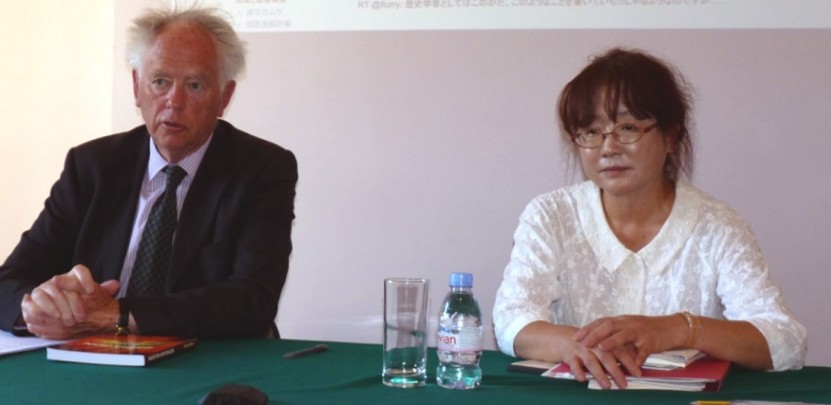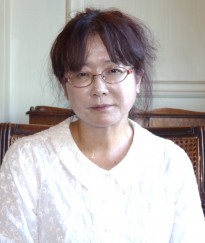 Seminar
SeminarThursday 3 July 2014
6:00pm – 7:00pm
The Nuclear Myth and Japan’s Postwar Nationalism
Drinks reception: 7:00pm – 8:00pm
13/14 Cornwall Terrace, Outer Circle, London NW1 4QP
Organised by the Daiwa Anglo-Japanese Foundation
Much concern has focused on therapy and mental recovery for the people traumatised either by the tsunami or by the TEPCO nuclear disaster at the Fukushima Daiichi nuclear plant in 2011. Nobuko Kosuge, Professor of History and International Relations at Yamanashi Gakuin University examines what the effect of the recent nuclear disaster has had on the Japanese public’s mindset as a whole, which is still affected by the atomic bombings in Hiroshima and Nagasaki.
The debates surrounding the Fukushima Daiichi disaster have taken place against the backdrop of anti-nuclear sentiment in postwar Japan. This has guided people’s reaction to the disaster by enabling prejudice towards the victims in Fukushima, which features regularly on social media in Japan.
Professor Kosuge looks at postwar nationalism as the source of this phenomenon. The country’s postwar narrative has been to avoid talk of the causes and consequences of the war itself and concentrate on Japan’s victimisation from the atomic bombings, of which the Fukushima disaster is a painful reminder.
In this talk, Professor Kosuge talked in detail about how the country can rationalise this peculiarity and change the Japanese public’s attitude towards the victims of Fukushima.
About the contributors

Professor Nobuko Kosuge
Nobuko Margaret Kosuge is Professor of History and International Relations in the Faculty of Law at Yamanashi Gakuin University. Her book Sengo Wakai (Postwar reconciliation) won the Ishibashi Tanzan Memorial Prize in 2006. She is the co-editor of Japanese Prisoners of War (Hambledon and London, 2000; University of Tokyo Press, 2003), Britain and Japan in the Twentieth Century (I. B. Tauris, 2007), and Japan and Britain at War and Peace (Routledge, 2008; Hosei University Press, 2010). She published two papers on Japan’s ‘emblem’ issues and also on the early medical relief in Nagasaki on 9 August 1945 and after at the International Review of the Red Cross (No.849, 2003; Volume 89-2, 2007).